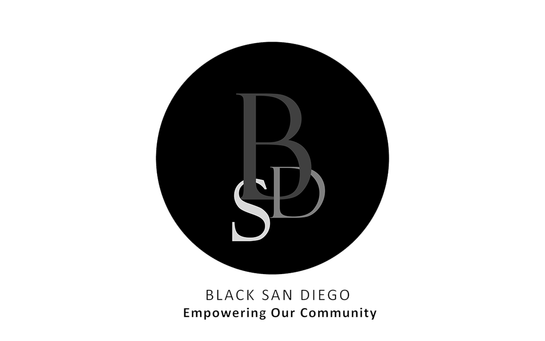
Business marketing is a mystery. We know some things work and some things don’t, but we don’t really know why some things work and some don’t. If we did, we wouldn’t try the ones that don’t.
Millions of people are employed in marketing around the world, looking for new ways to sell everything from soup to nuts. Some of those people operate with tried and true marketing methods, and others try to step outside of the box to find a new way to sell an old product, or a modern way to introduce a new service.
Marketing is a mystery. But, one thing is for certain:
Imagination is the motor that drives the concept.
Often, marketing meetings resemble a food fight, with ideas being thrown about like pizza slices. Some stick, and others bounce.
What matters most in those meetings, however, is the new idea, the fresh approach, the different way of doing things. Whether it is in the words and phrases, the communication technique, or the selling maneuvers, new ideas are the motor that drives marketing into new paths. And no business in the world needs new paths as frequently as marketing.
Imagination does not mean being weird
The word “imagination” conjures images (that makes sense, correct?) of strange beings in unusual worlds. The business phrase bandied about to promote the idea of using imagination is “thinking outside the box”. Many wonderful ideas in marketing came from someone having the imagination to see new methods for performing old maneuvers.
But, the use of imagination does not need to evoke weird ideas. After all, any imaginative approach is going to be passed along from its initial kernel of thought through layers and layers of corporate hierarchy. That new idea is going to have to be pitched and defended and pitched and defended again. It is likely going to face adjustments and probably be pared down from the original height of fascination to something considered more credible, less “beyond”.
Sometimes, imagination means nothing more than a tweak of previous marketing plans. For that tweak to be effective, it needs to address an issue and perhaps solve one. It needs to be different, enough, however, to draw attention to itself. If it opens eyes in a marketing meeting, it will open eyes when the commercial world sees it, and isn’t that the point?
Reading the room
Presenting an imaginative idea means understanding the atmosphere and environment in which you are presenting it. It means reading the room. You need to know that your idea will be regarded with some level of enthusiasm from the initial audience. Even if it is not adopted as you first present it, the idea can spark ideas that roll alongside yours. Your idea may be undefined, and it helps to know that the people you work with are willing to help you define it.
However, if you believe in your imaginative idea, letting the temperature of the room stop you from presenting it is entirely improper. Put it out there. The worst that can happen is that it gets shot down. If you work with a collaborative workforce, that won’t happen. Your idea may be pared to something considered more reasonable, but you gave your team the seedling that could grow into a useful new marketing plan.
Final Thoughts: How to welcome new ideas
Now, if you are the one who is going to decide whether an imaginative new idea gets the go-ahead, do not be quick to judge, or to shoot down the ideas that are presented to you. As stated above, you may not be fully behind the initial idea because it is too unusual or unproven or imaginative, but that idea could be shaped into something your marketing team can use.
The problem with “out of the box’’ thinking is getting the box to understand why it needs to be escaped from. If you are the box, you need to be open to the idea that there are methods that can work outside of the norm.
The best marketing firms are those which try to provoke thought and action, those that create a buzz with fresh concepts. They require executives who understand that, in marketing, doing things the way they have always been done is likely to produce declining results.
At CSD Marketing, we encourage imaginative thought, and we come up with some ideas of our own from time to time. If you need an imagination boost, consider a consultation with us.
Marketing people are creative people. Don’t ever lose that spark.
























